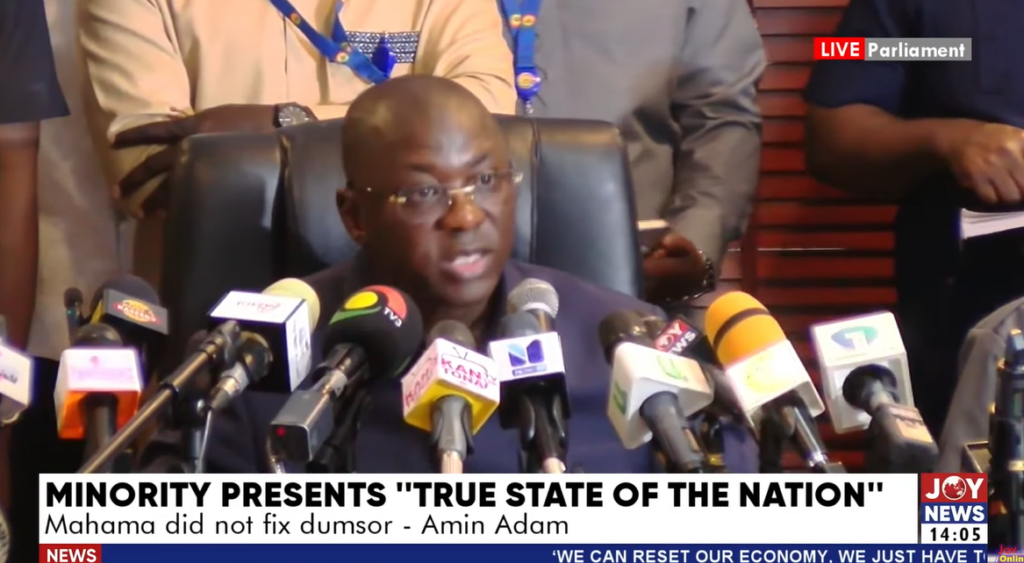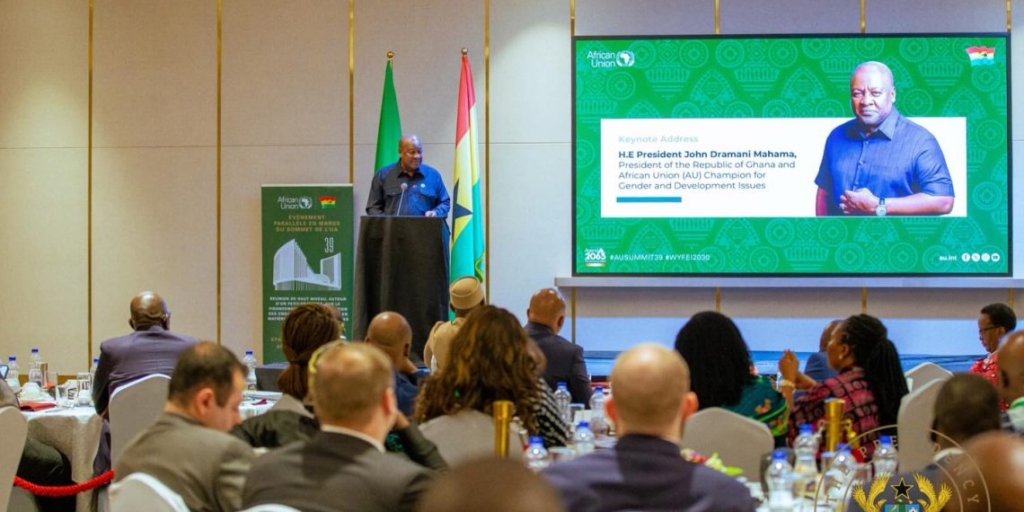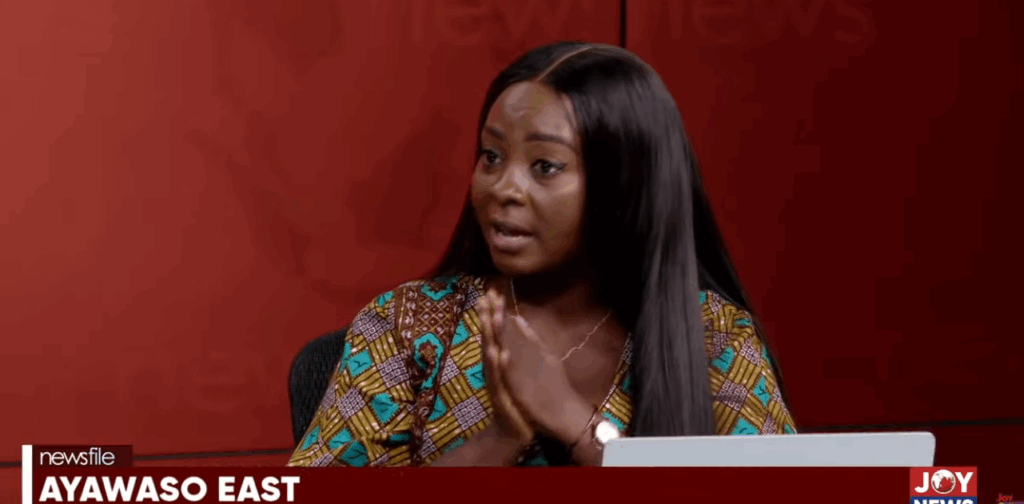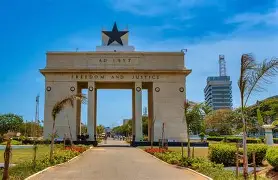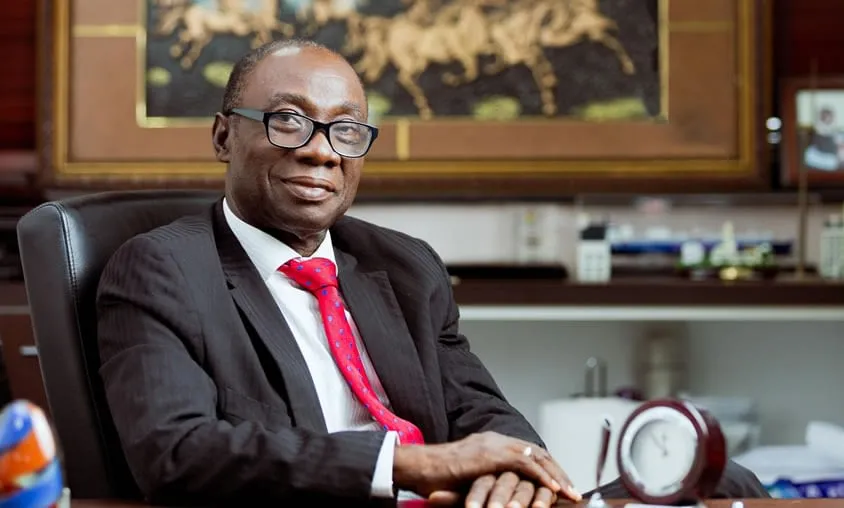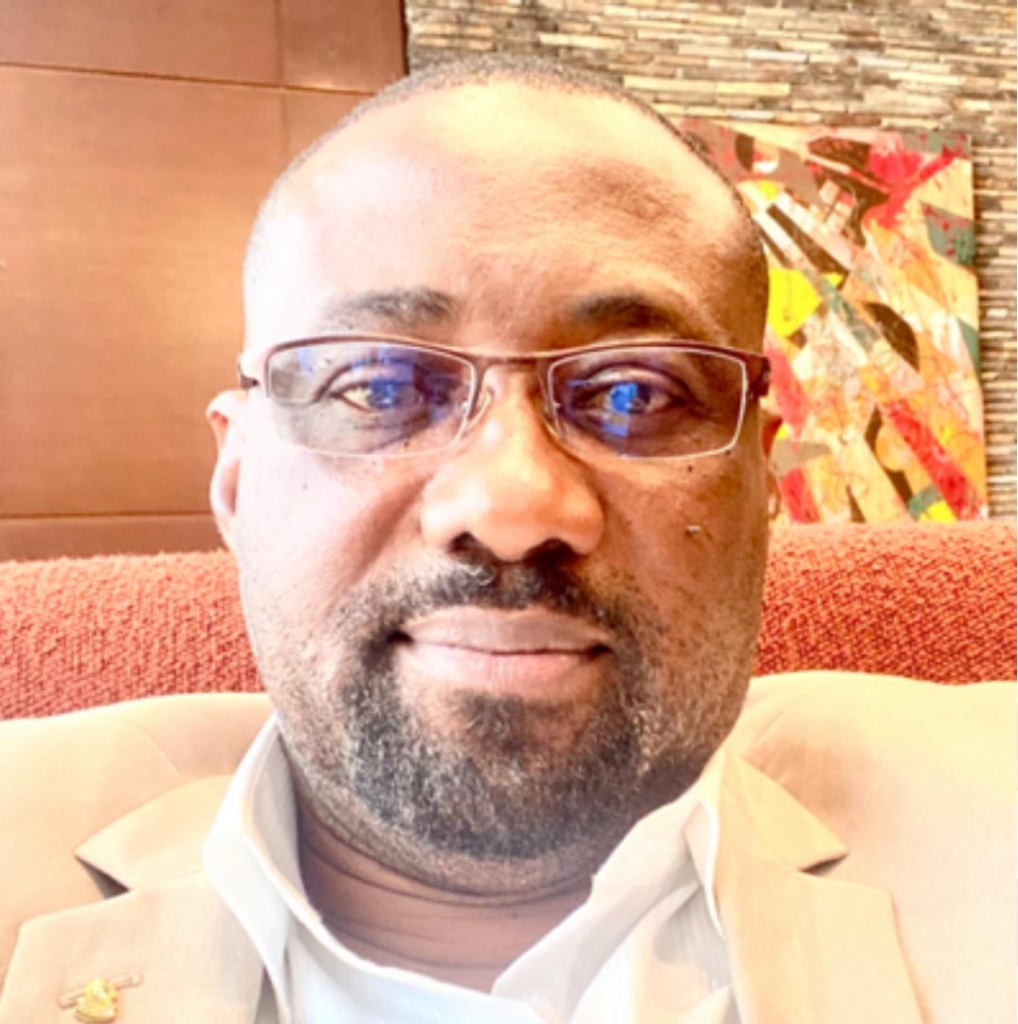The Future Leaders Model United Nations, Ghana (FLMUN-Ghana) has taken a significant step in advancing youth empowerment, climate-conscious trade, and sustainable entrepreneurship through a strategic engagement with the African Continental Free Trade Area (AfCFTA) Secretariat.
The high-level meeting, held on Friday, 28th February 2025, was led by Prince Amadu Anuwar-Sadat, President & Country Director of Future Leaders MUN-Ghana, alongside Nihad Titiaka Oases Ibrahim, Director of Climate Action & Sustainability and Winner of Ghana’s Most Beautiful 2024.
The FLMUN-Ghana delegation was warmly received by Mr. Rui Pedro Afonso Livramento, Chief of Staff at the Bureau of the Secretary-General of AfCFTA and Ms Gonaya Monei Sethora, a Youth in Trade Expert of the AfCFTA Secretariat.
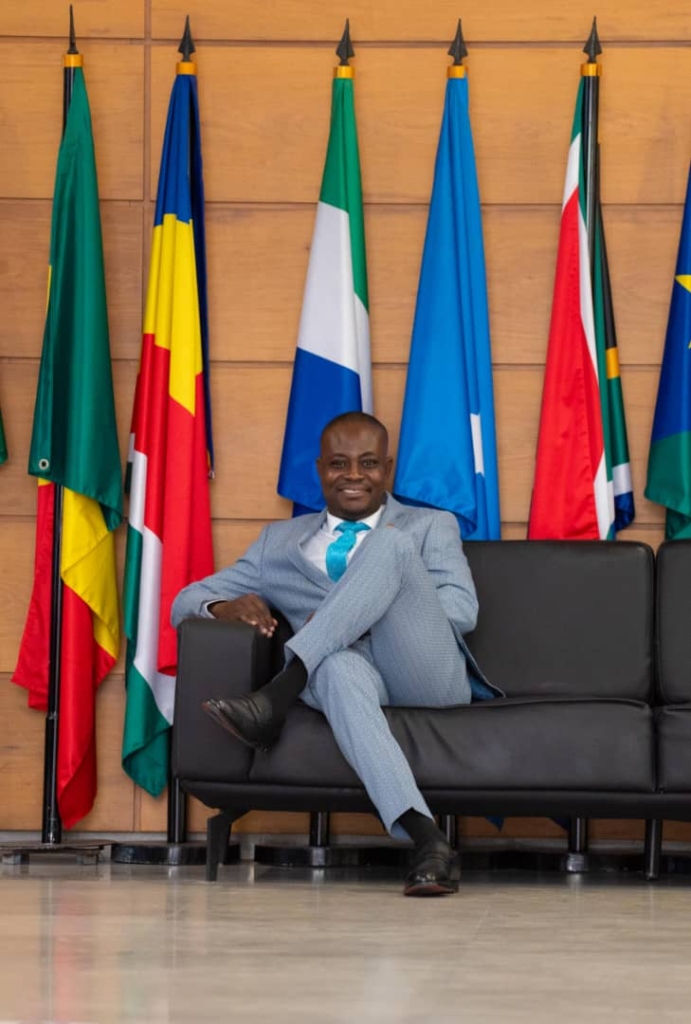
The engagement focused on aligning youth-driven initiatives with the AfCFTA framework, particularly in areas of trade policy, digital innovation, and environmental sustainability. Discussions revolved around how Africa’s young leaders can leverage intra-African trade opportunities while championing climate action and green entrepreneurship.
Speaking after the meeting, Prince A. A. Sadat expressed excitement about the collaboration and emphasized the critical role of African youth in shaping the continent’s trade future.

“This engagement with the AfCFTA Secretariat marks a crucial step in ensuring that Africa’s youth are actively involved in trade policy formulation, economic transformation, and climate resilience efforts. The future of the continent’s free trade space lies in youth-led innovation, and we are committed to driving that agenda.”
Nihad Titiaka Oases Ibrahim, the Director of Climate Action & Sustainability, who also the Founder of EcoGreen Oases Legacy, a climate action and sustainability organisation, highlighted the need for integrating climate solutions into Africa’s trade policies.
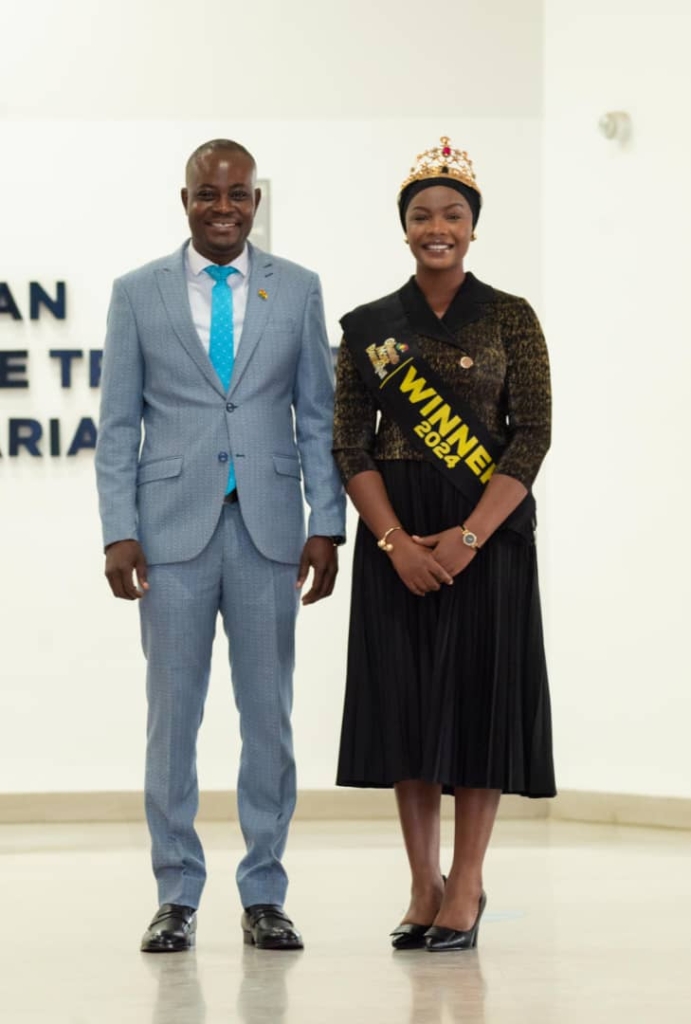
“Sustainable entrepreneurship is not just about economic growth; it is about ensuring that Africa’s trade systems promote environmental responsibility and resilience. By working with AfCFTA, we hope to embed climate-conscious policies into Africa’s economic framework.”
The engagement underscores the growing recognition of youth as key players in AfCFTA’s success. With over 60% of Africa’s population under 25, the continent’s economic future depends on harnessing youth-driven trade, digital innovation, and sustainable business practices.
FLMUN-Ghana’s collaboration with AfCFTA signals a bold step toward ensuring that Africa’s young leaders are not just participants, but key decision-makers in shaping the continent’s economic and environmental policies.
DISCLAIMER: The Views, Comments, Opinions, Contributions and Statements made by Readers and Contributors on this platform do not necessarily represent the views or policy of Multimedia Group Limited.





